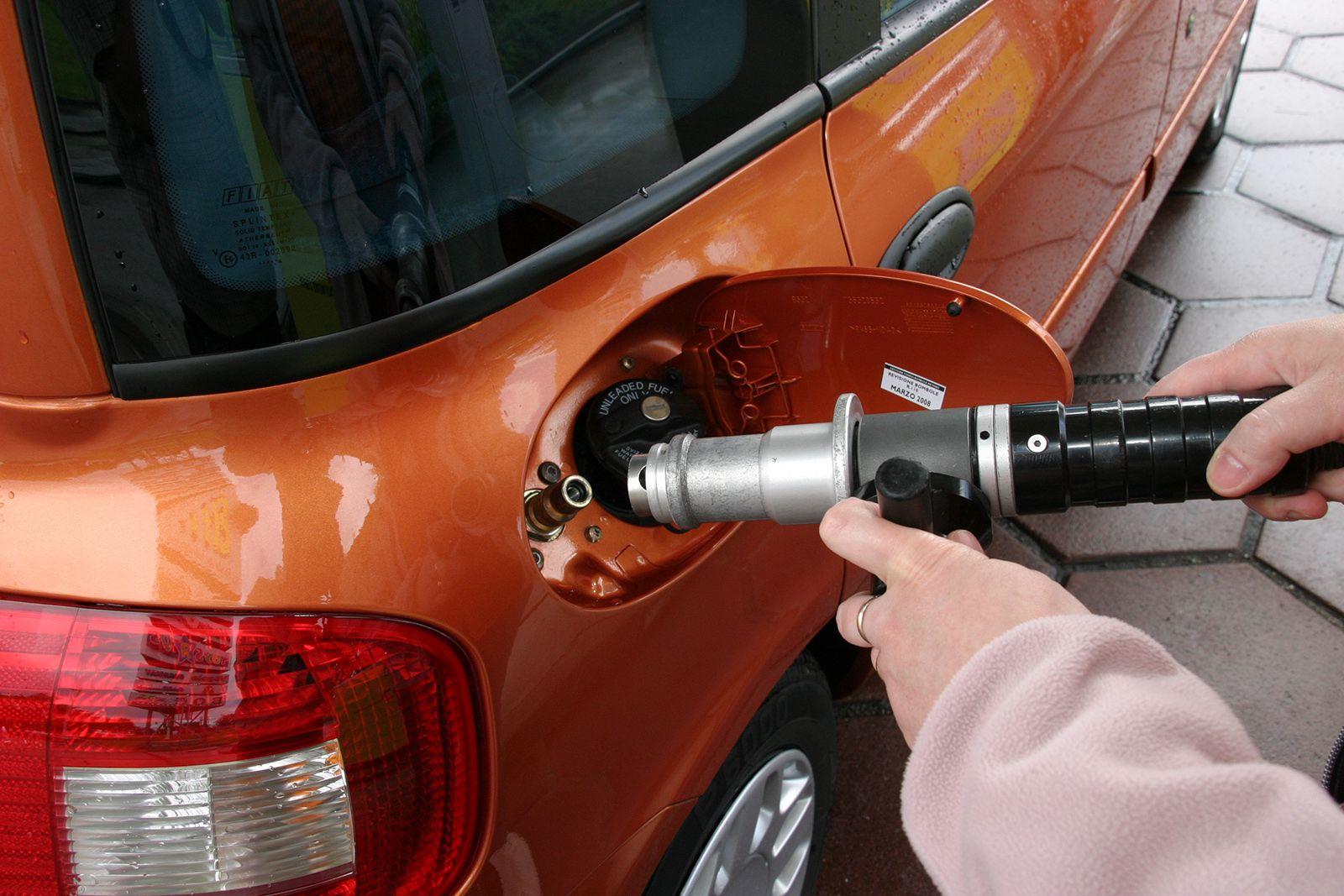With gas prices in Massachusetts on the higher end of the national average, every penny paid at the pump matters. And although we are situated on a campus with very little need for driving, all those with cars at home can sympathize with the ever-increasing gas prices.
Question One on the Massachusetts Midterm Election Ballot seeks to tend to some of the issues surrounding gas prices in the Commonwealth by adjusting how the gas taxes are set. In Massachusetts, the gas tax percentage adjusts automatically every year by the percentage change in the Consumer Price Index over the preceding year and cannot fall below 21.5 cents of per gallon. Question One asks the voter whether or not to repeal that system, with a “yes” answer indicating a repeal and a “no” answer effecting no change to the current system.
The main argument for repealing the inflation-based tax setting is the fact that without the legislature voting on the tax percentage, a tax is being set without any representation. Voting to repeal would mean that the Legislature would regain the right to decide if and when to raise the tax, meaning each district is represented properly during the vote. Supporters of the repeal estimated that with state gas taxes, which are 26.5 cents per gallon while federal gas taxes are at 18.4 cents per gallon, the average 15-gallon fill-up costs $6.73 in tax money alone. The tie between inflation and gas taxes, they argue, results in unnecessary increases that only hurt the consumer.
“This linkage [between inflation and the gas tax] causes the tax to increase every year without a vote of the Legislature,” wrote Steven Aylward of the Committee to Tank Automatic Gas Tax Hikes. “That’s taxation without representation. If the Legislature wants to increase taxes, they should have to vote for it. No tax should automatically increase. This initiative cuts no money for bridge or road repair. It just requires the Legislature to take a vote if and when they want to raise the tax.”
Those who are against the repeal and support the current system cite the benefits of the tax revenue as their main reasoning. Revenue from the gas tax, which was about $700,000 in 2013, is dedicated to transportation, namely making improvements to Massachusetts’ largely damaged roads and bridges. Opponents of the repeal predict that without the tax tied to the index, the Commonwealth could lose over $1 billion in the next 10 years and that necessary road repairs will be underfunded.
“After decades of neglect, the poor condition of Massachusetts bridges and roads is now a significant public safety crisis,” wrote the Committee for Safer Roads and Bridges. “The longer we wait, the more it will cost every taxpayer to fix the problems. A Yes vote would make things even worse, by taking away existing gas tax revenues that we need to solve this public safety crisis – revenues that, under the state constitution, can only be used for transportation needs.”
Admittedly, most of us here at the Daily Free Press are not licensed drivers in Massachusetts and aren’t buying much gas here in the first place. As not everyone at Boston University is from Massachusetts, we assume most of our readers are just as unaffected by a repeal of the current taxing system as we are, with the exception of students who live locally or otherwise have cars on campus. However, we value awareness of the rules by which our school’s state is regulated and argue that it never hurts to make an informed opinion.
That being said, we support the repeal of the current gas taxing system and recommend that anyone who cares enough to vote on this question vote yes. Inflation generally occurs when the economy is doing well, but the issue at hand is that wages in Massachusetts are not adjusted based on inflation. Only four states – New Jersey, Ohio, Oregon and Washington – have automatic minimum wage adjustments tied to inflation. So if Massachusetts citizens are consistently making the same amount of money, how is it fair for them to be forced to pay more money in gas taxes when the economy is doing well?
Furthermore, the less-than-$700,000 in revenue going toward road repairs each year is not even close to enough to cover the numerous repairs Massachusetts’ roads need. If residents really want to see changes to the bridges and streets, perhaps it is time for the Legislature to allocate more funds to such repairs. The revenue gleaned from raising gas taxes with the rise and fall of the dollar’s worth won’t be able to remedy every broken bridge and the tie does not make sense.
We as students – unless regular drivers in the Commonwealth – need not be too concerned with Question One. If you’re going to vote, we recommend a vote for repeal, but we won’t be mad if you just skip this question altogether.






















































































































